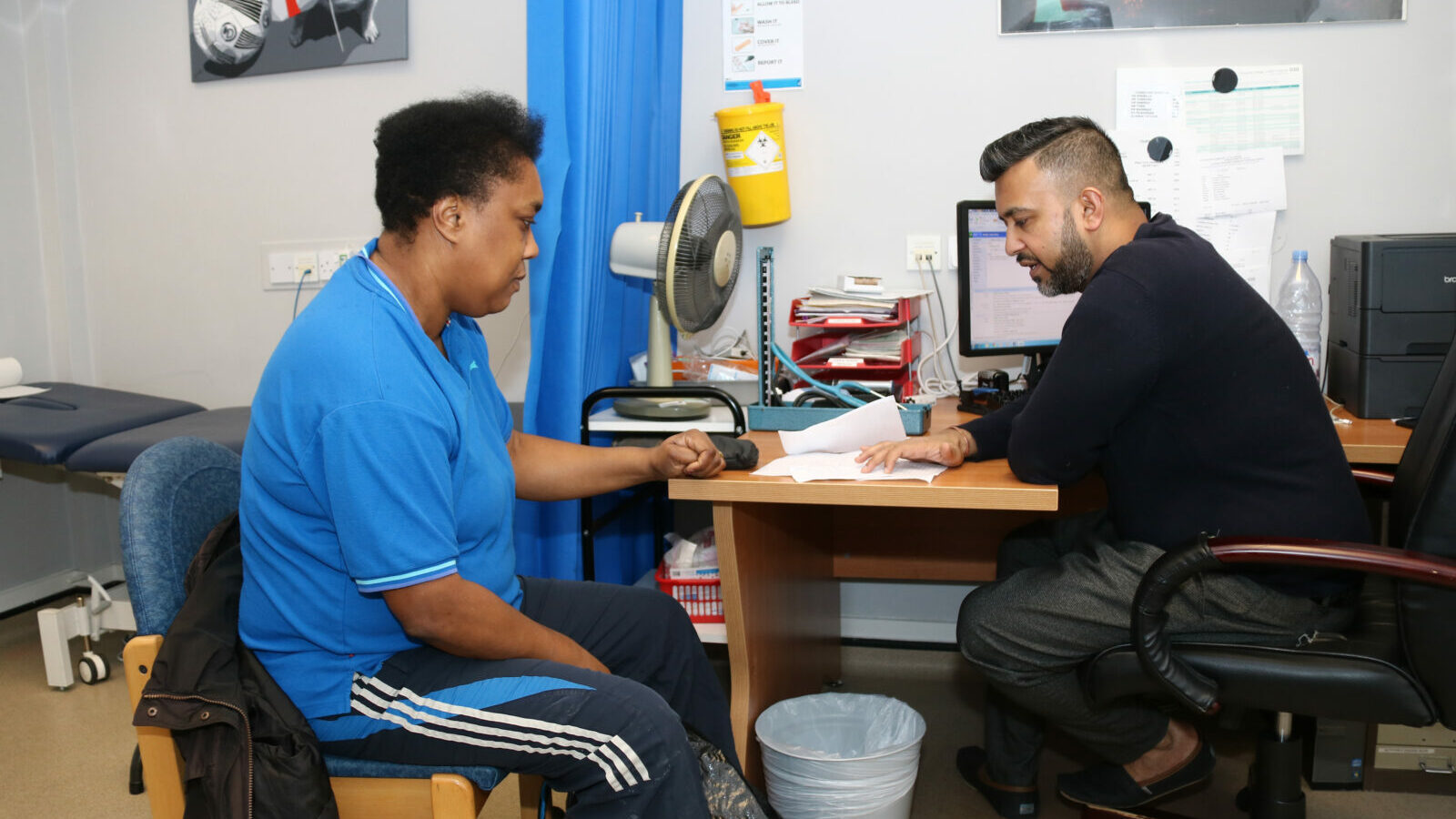As Community Living was going to press, the government was considering an “overhaul” of the system for providing fit notes.
While the outcome of the election may determine whether this goes ahead, Labour in opposition has emphasised the importance of getting people back in work.
Conservative prime minister Rishi Sunak said the “sick note culture” needed to change “so the default becomes what work you can do – not what you can’t”.
Fit notes are used as certification for people who need to stay off work because they are unwell and as initial medical proof in benefit claims. They are given for a particular period and can be renewed as necessary.
Sunak’s criticisms of the so-called sick note culture include a claim that too many people are being “written off” as unfit to work.
Of 11 million fit notes issued last year, only 6% suggested a option other than the patient to being signed off as too unwell to work.
The government believes this needs to change. It wants the process to include options of if and how a patient may be able to work, despite being unwell.
At present, the professional signing a fit note can suggest options including amended work duties, altered hours, workplace adaptations and a phased return.
The announcement of the review specifically mentioned people who are out of work due to mental health difficulties, stating that 53% of people signed off work due to long-term sickness at the start of 2023 were inactive because of depression, anxiety or “bad nerves”.
Separately, recent comments from Conservative secretary of state for work and pensions Mel Stride suggested that too many people were claiming sickness benefits because of poor mental health.
Disease or just life?
He said there was “a risk now that we are labelling the normal ups and downs of human life as medical conditions which then actually serves to hold people back and… drive up the benefits bill”.
For employment and support allowance, a fit note is required as proof of disability or long-term illness when a person first makes a claim for the benefit. In universal credit, a fit note is required as proof of entitlement to claim the benefit owing to disability or illness.
These claimants are then subject to the work capability assessment to determine if they are entitled to these benefits in the longer term.
Fit notes are not usually required by claimants once the assessment has been completed and a decision issued on whether they have limited capability for work.
Work capability assessments are often poorly and inaccurately completed by health professionals employed by private contractors
If a claimant is given a decision that they are fit for work and wants to challenge this, they have to provide fit notes until the dispute process (involving a reconsideration and/or appeal) is resolved.
Fit notes are usually provided by GPs, although other doctors such as hospital consultants and certain health professionals (such as physiotherapists), can issue them.
The review will look at whether responsibility for providing fit notes should be removed from GPs. It intends to test giving responsibility to “specialist work and health professionals who have the dedicated time to provide an objective assessment of someone’s ability to work and the tailored support they need”.
The review has raised alarm among organisations that support disabled claimants.
The Disability Benefits Consortium, which represents more than 100 organisations for disabled people, said that “continued tightening of work-seeking conditionality for claimants… has had no discernible effect in helping disabled people back to work… Making it harder to get sickness certification will exacerbate this problem.”
Advice workers and other client representatives already witness those with disabilities and long-term health conditions undergoing a robust assessment process via the work capability assessment.
There is repeated criticism of how assessments are often poorly and inaccurately completed by health professionals employed by private contractors. The fear that the fit note process will simply be handed over to such contractors.





